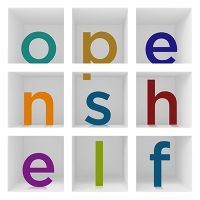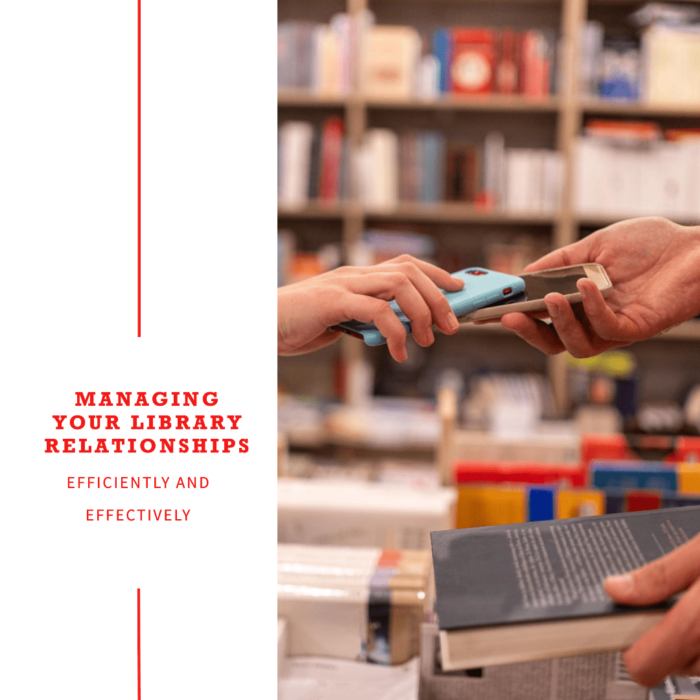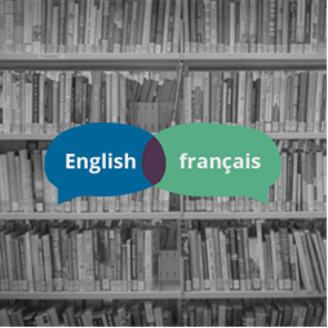This month, Trevor Deck walks us through the library’s collection development mandates, scope and goals.

What’s new in Open Shelf: June 2018
Awareness and inclusiveness go hand in hand—in an ideal world.
This month, we offer opportunities to think about and make accessibility happen. We are also reprising a discussion about Canadian copyright law as well as sharing both a new digital collection as well as ideas for engaging patrons in the collections we already have.
Here are our features and columns (in order of publication):
- Subject headings can play a role in preserving and revitalizing languages. In He reo e kōrerotia ana. He reo ka ora, Raewyn Paewai introduces us to the work of the Te Whakakaokao (the Māori subject headings working group), which has brought Māori and Western worldviews together to create subject headings that contribute to protecting language and wellbeing.
- The web is not yet accessible to all. However, according to Carli Agostino, Mariana Jardim and Aneta Kwak, celebrating Global Accessibility Awareness Day is one strategy for raising awareness within the library community of the need to work towards this goal.
- And if the web is not fully accessible, neither are our public libraries. As John Pateman discusses in Class matters, his latest Open for all? column, social class is the most significant single determinant (and potential barrier) of public library use.
- Canada’s copyright law was amended in 2012. In Copyright in photographs in Canada: Reprise, Jean Dryden circles back to this issue and offers a new interpretation of the legal implications for ownership (and use) of photography.
- We know games are fun and popular—which is why we’re building game collections. Michelle Goodridge argues that “If you buy games, they will come … maybe!”—we still need good programming to encourage patrons to get their “game on!”
- And finally, partnerships can be a way to ensure that important collections live on. As Sheila Lacroix explains in Alcohol, tobacco and other drugs in the Internet Archive: SALIS Digital Book Collection, the Substance Abuse Librarians and Information Specialists group (SALIS) shares its joint project with the Internet Archives staff that ensures that the knowledge and expertise in this specialized field is preserved.
Finally, don’t forget to take this month’s poll:
Information professionals have to deal with more than one set of copyright ownership rules. Yes or no?
As always, we hope you enjoy the show.


